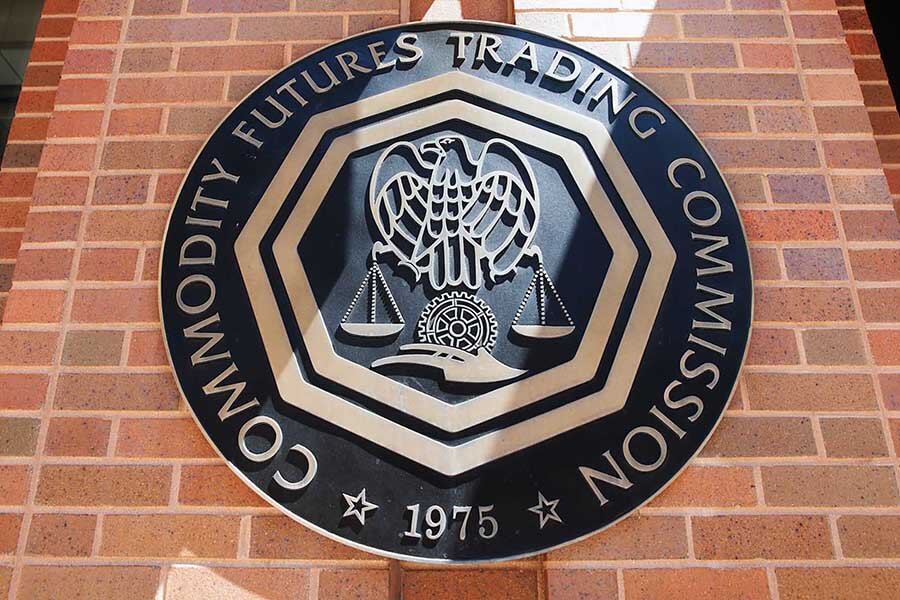The Commodity Futures Trading Commission (CFTC) has indicated that it still has problems with Ethereum, the world’s third-largest cryptocurrency.
Ethereum Gets Dethroned…
A longtime holder of the number two position, Ethereum’s market cap was recently overtaken by Ripple, though Ethereum still remains among the most popular blockchains for new tokens and crypto-based applications. Many enthusiasts and traders breathed a huge sigh of relief last June when the Securities and Exchange Commission (SEC) announced that it did not consider ether a security, as it had become too decentralized since its initial fruition.
Ethereum had been the subject of widespread debate during the preceding months given its previous status as a “pre-sale” token. By modern standards, pre-sale is virtually the same thing as an initial coin offering (ICO). Most tokens offered via ICOs are considered securities, though many argued that Ethereum didn’t fit the bill given the amount of change it had undergone since it first came about in 2015.
The Truth About the Number Two Coin
Six months ago, William Hinman – director of the division of corporation finance at the SEC – gave several crypto enthusiasts their wish and announced at the Yahoo Finance Summit:
“Based on my understanding of the present state of ether, the Ethereum network and its decentralized structure, current offers and sales of ether are not securities transactions.”
He also hinted at the idea that altcoins, in the future, would no longer need securities regulation. He stated:
“Over time, there may be other sufficiently decentralized networks and systems where regulating the tokens or coins that function on them as securities may not be required.”
The CFTC Still Needs Convincing
While the SEC may be convinced of Ethereum’s power, the CFTC is another story. As a governing financial body that regulates derivatives like bitcoin, the organization announced that it was looking into gathering public feedback on ether tokens, so representatives could better understand how it was both similar and different from bitcoin. The organization then listed several questions, hoping to get valid answers from members of the public and industry professionals.
Following Hinman’s words six months ago, many traders figured that ether futures would soon become the norm, but the CFTC isn’t quite comfortable enough with ether to make them realities. Though Hinman said that in its current state, ether is not fit to be governed by an organization like the SEC, the CFTC has explained that these words were part of Hinman’s “personal views,” and thus did not speak for the organization or its representatives.
Will the CFTC see Ethereum in the same light as it does bitcoin? Why or why not? Post your comments below.
Image courtesy of Shuttershock
